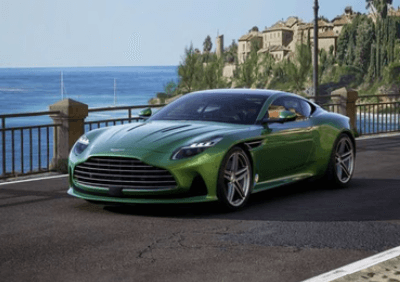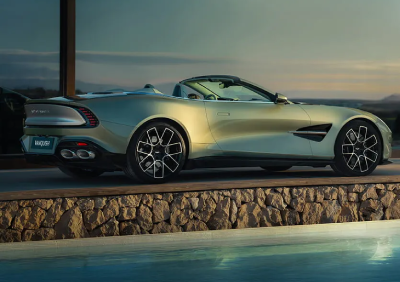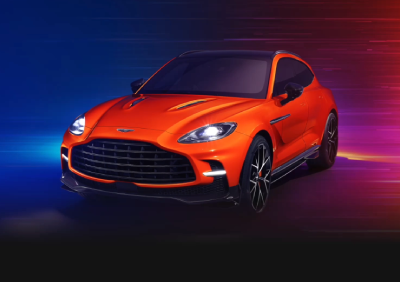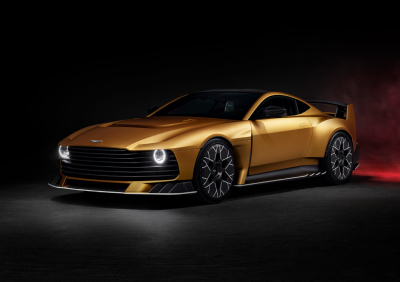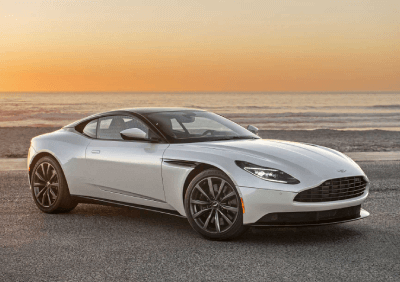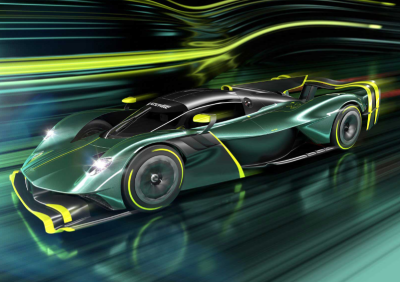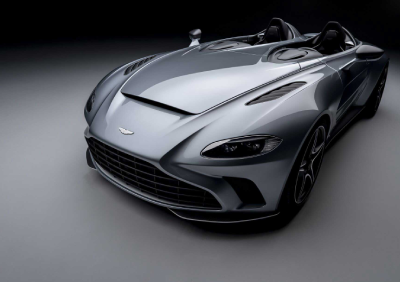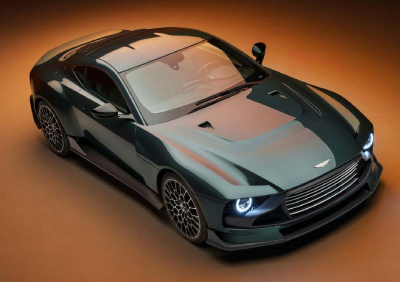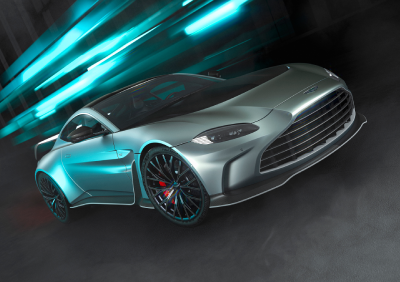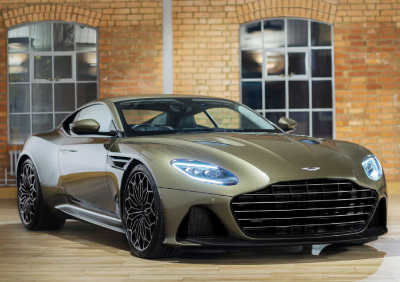What Are Aston Martin’s EV Plans?
While Aston Martin continues its commitment to launching a high-performance, luxury electric vehicle, excited future owners will have to wait a little longer to get their hands on it. Aston Martin has delayed the premiere of its electric vehicle until the later part of the decade; the company initially planned for a 2026 debut. The automaker is taking a more cautious approach to integrating electric vehicles (EVs) into its lineup, having canceled its initial plans to launch four by 2030.
Shifting Demand and a Pivot Towards Hybrid Vehicles
EVs are a promising, albeit less bright, spot in the market, even if that spot isn’t as bright as manufacturers initially predicted. While customer demand for EVs shows strong growth, the segment’s growth isn’t nearly as fast as the major automotive manufacturers anticipated. In response to market demand, Aston Martin is pivoting towards vehicles that fill the gap between internal combustion engine (ICE) engines and electric vehicles (EVs), such as hybrids and plug-in hybrid electric vehicles (PHEVs).
Aston Martin expects its EV models to account for 15 percent of the company’s sales, with the remaining 85 percent coming from internal combustion engines, hybrids, and plug-in hybrid electric vehicles (PHEVs). Aston Martin already offers a hybrid supercar, the Valhalla, which features a 4.0-litre twin-turbo V8 engine that produces 1064 horsepower and achieves a top speed of 217 mph.
In Development
Aston Martin hasn’t given up on the segment and will continue development. The company is still weighing its options between creating new models for EVs or updating existing ones. The company is working with Lucid Group to design their electric motors as part of a $450 million deal for access to their state-of-the-art powertrain and battery technology. Aston Martin plans to use that technology to develop a bespoke battery system instead of using an existing one.





